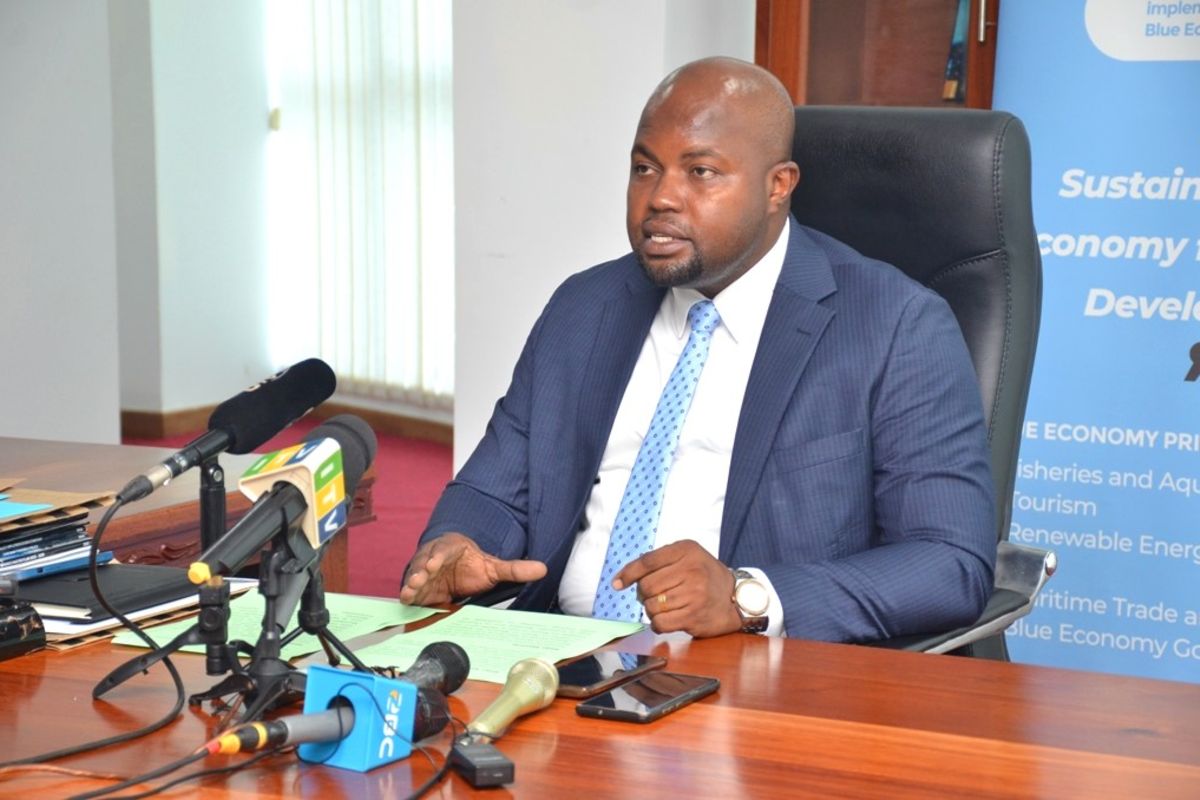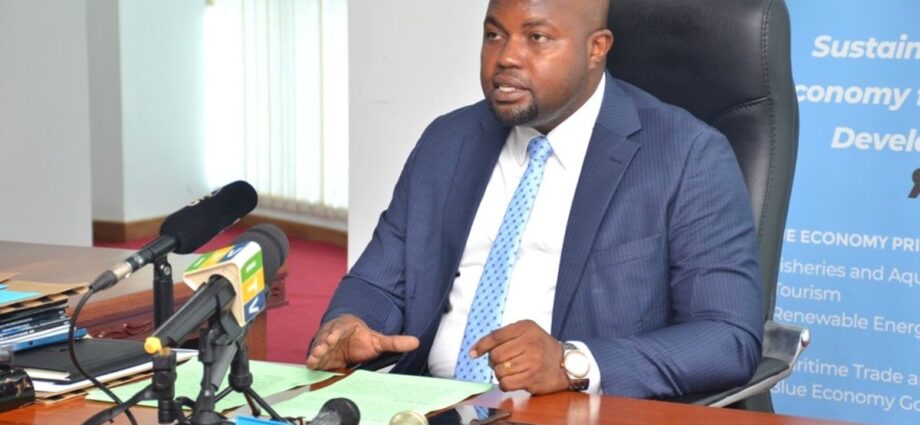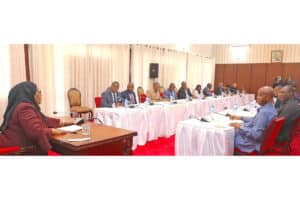
Unguja. The government of Zanzibar has announced two onshore oil and natural gas exploration blocks, inviting local and international companies to submit their applications for investment in the sector.
The announcement follows six months after the launch of the first round of offshore oil and gas exploration blocks, which were unveiled by the President of Zanzibar, Dr Hussein Mwinyi, on March 20, 2024.
The Minister for Blue Economy and Fisheries, Mr Shaaban Ali Othman, said in a statement on September 27, 2024 that the new blocks were formed from the Pemba-Zanzibar block, which was returned to the government after the license held by a United Arab Emirates (UAE) oil and gas company Rakgas expired.
“The former Pemba-Zanzibar block has been divided into two: Zanzibar Block 1, covering 6,572 square kilometers, and Zanzibar Block 2, covering 6,242 square kilometers,” the minister said in the statement.
He stated that offering the blocks through negotiation aligns with Zanzibar’s strategic vision to attract investment in oil and gas exploration and to develop the island’s natural resources.
“Both the Zanzibar Development Plan (ZADEP 2021/26) and the 2022 Blue Economy Policy emphasise advancing oil and gas exploration in Zanzibar and partnering with international oil and gas companies (IOCs) in the activities,” said Mr Othman.
Regarding the eight offshore blocks announced in March, he said that the government is still receiving applications, with significant interest from international oil and gas companies. However, he did not disclose the number of companies that have applied so far.
The initial deadline for applications for the offshore blocks was September 2024 but has since been extended to December 2024.
“We are open to discussing opportunities with anyone ready to invest in the onshore oil and gas sector,” the statement added.
The ministry’s permanent secretary, Mr Hamad Bakari Hamad, emphasised the ministry’s commitment to ensuring the sector is fully utilised for the benefit of the nation and its people.
The government of Tanzania in partnership with oil and gas companies have discovered a total of 57.54 trillion cubic feet (TCF) of natural gas from different blocks. That includes 10.41 TCF from onshore wells and 47.13 TCF discovered offshore.
The natural gas is currently used mainly for electricity generation, industrial consumption, domestic use and a little bit for fuel in gas-powered vehicles.
About 53.2 percent of the electricity was being generated through natural gas, according to the Energy budget speech, while hydropower plants account for 43.1 percent. Oil contributed 3.7 percent, the ministry said.














